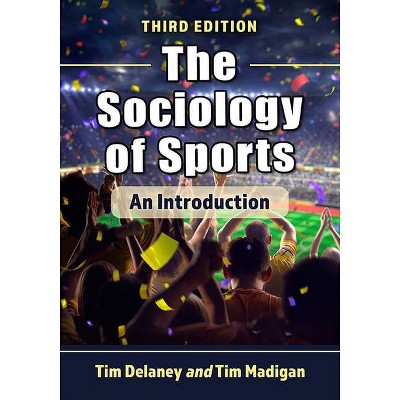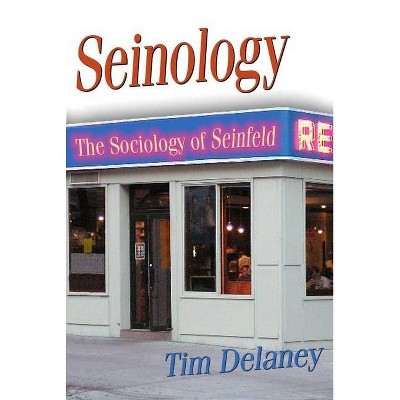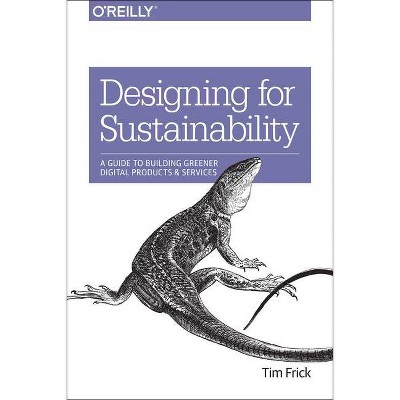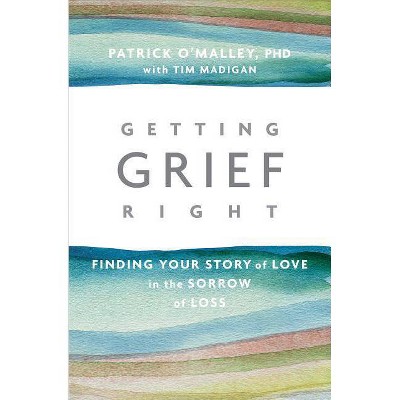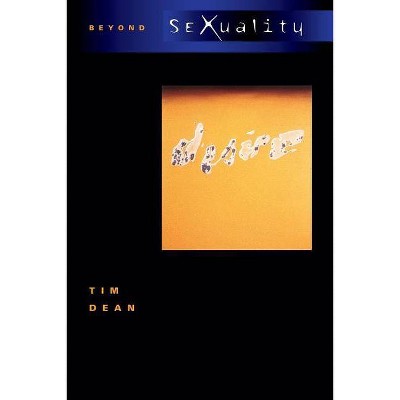Beyond Sustainability - by Tim W Delaney & Tim Madigan (Paperback)
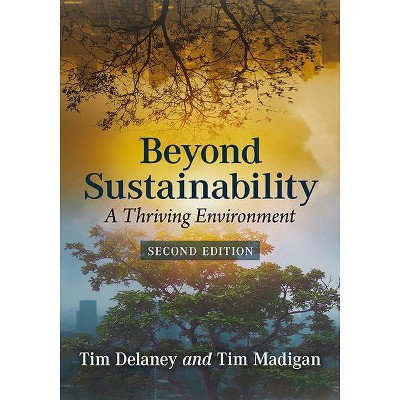
Similar Products
Products of same category from the store
AllProduct info
<p/><br></br><p><b> About the Book </b></p></br></br>""[In Beyond Sustainability: A Thriving Environment, Second Edition, Delaney and Madigan approach the study of the environment from two academic disciplines-sociology and philosophy. Both sociologists and philosophers have concerns about our environment's ability to not only sustain itself, but also reach a point where it can actually thrive. It is the authors' contention that promoting sustainability is not nearly good enough as it is thrivability that we should seek for the sake of protecting the environment, and in turn, all living things. In this, the second edition of Beyond Sustainability, the authors have made a drastic number of updates both in terms of more recent data and examples, and also with the introduction of new topics and concepts, all the while emphasizing more clearly the need to lessen our dependency on fossil fuels in order to halt the very significant and negative impact humans have inflicted upon the environment. In many ways, then, this is like a new book. Among the many topics discussed are: sustainability, thrivability, and environmentalism; mass extinctions; a limited "carrying capacity;" our reliance on fossil fuels; climate change with an emphasis on carbon dioxide and global warming; climate change and the ozone and the greenhouse effect; the need to increase our use of renewable forms of energy; overpopulation; the Five Horrorists; the extraction of fossil fuels; the creation and mass use and abuse of plastics; food waste; deforestation; harmful agricultural practices; marine debris; electronic waste (e-waste); medical waste; the role of nature (e.g., volcanic eruptions, lightning strikes, wildfires, storms, invasive species, and outer-worldly forces); the need to go green; environmental happiness; and, the role of education in saving the environment. It should also be noted that this new edition of Beyond Sustainability was written during the SARS-CoV-2 (COVID-19) pandemic and as such there are many references to this disease, primarily in direct relationship to the environment.]"-Provided by publisher"--<p/><br></br><p><b> Book Synopsis </b></p></br></br>This book approaches environmentalism via two academic disciplines, sociology and philosophy. Both have concerns about the environment's ability not only to sustain itself but to thrive. The authors argue that rather than simple sustainability, we must promote <i>thrivability</i> for the sake of protecting the environment and all living things. In this greatly expanded second edition, the authors have updated data and examples, introduced new topics and concepts, and emphasized the need to lessen our dependence on fossil fuels. Numerous topics are explored, from the differences between sustainability and thrivability, and the overuse of plastic, to mass extinction, the role of natural disasters and more. The COVID-19 pandemic offers an added perspective on the relationship between disease and the environment.<p/><br></br><p><b> About the Author </b></p></br></br><b>Tim Delaney</b> is a professor of sociology at the State University of New York at Oswego. He regularly teaches sociology of sport courses and is the Director of the Sports Studies program at SUNY Oswego. <b></b><b>Tim Madigan</b> is a professor and department chair of philosophy at St. John Fisher College in Rochester, New York. He is a past president of the Northeast Popular Culture Association.
Price History
Price Archive shows prices from various stores, lets you see history and find the cheapest. There is no actual sale on the website. For all support, inquiry and suggestion messagescommunication@pricearchive.us
